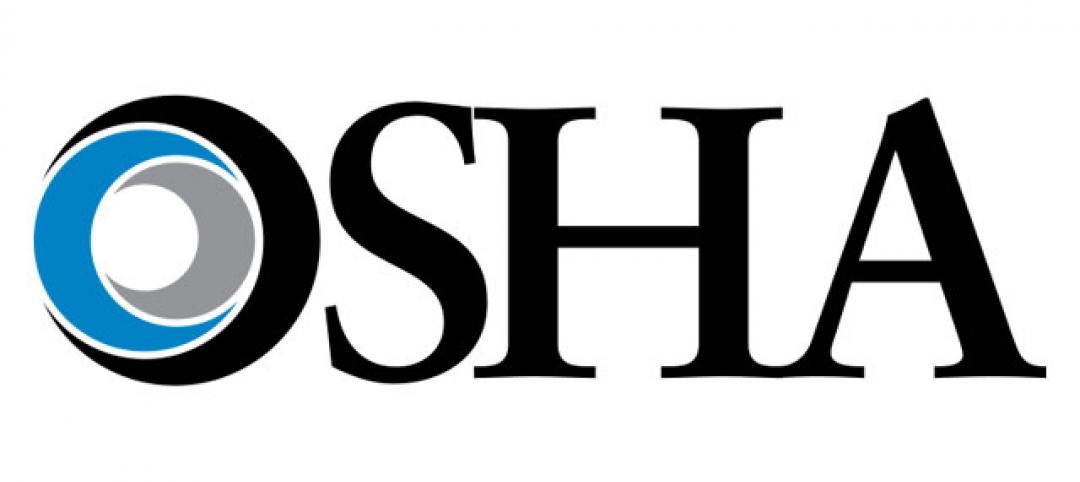OSHA’s proposal to beef up regulations on workers’ exposure to silica dust is generating a lot of controversy. The agency says current rules are outdated, difficult to understand, and inconsistent across industries.
Introduced in August 2013, the proposal would lower allowable levels of crystalline silica in all workplaces, standardize how the dust is calculated, and require medical monitoring for employees exposed to high levels.
OSHA estimates that 688 deaths and 1,585 silica-related illnesses would be prevented every year under the new rules. Opponents charge that the stricter regulations cost too much for the potential benefits. Joseph Brennan, a Cleveland attorney quoted in Crain’s Cleveland Business, said that since 1968, the rate of lung diseases related to silica has dropped by 90%. He indicated that stronger enforcement of existing rules might be a better way for OSHA to handle the issue.
Fred Hubbard Sr., secretary treasurer for the Ohio-Kentucky Administrative District Council of Bricklayers and Allied Craftworkers, said OSHA seems to concentrate enforcement on only the biggest contractors. If a measure is going to impose a lot of costs onto work sites, it should be enforced across the board, he said. The union does support OSHA’s proposed stricter regulations, though.
OSHA has received about 2,000 comments on the proposal. The agency wrapped up public hearings on April 4. No timeline has been released, but OSHA’s final decision could be at least two years away.
(http://www.crainscleveland.com/article/20140413/SUB1/304139997/osha-proposal-is-causing-a-bit-of-a-dustup)
Related Stories
| Dec 12, 2011
Philadelphia Mayor Signs Order for Project Labor Agreements
Philadelphia Mayor Michael Nutter signed an executive order establishing project labor agreements for major public works projects in Philadelphia.
| Dec 12, 2011
Improved Code Requirements for Attic Ventilation
The International Code Council (ICC) recently published the 2012 International Residential Code (IRC) that includes improved code requirements for balanced intake and exhaust for ventilated attics.
| Dec 12, 2011
DOE makes 2010 ASHRAE energy standard the reference for state energy codes
The U.S. Department of Energy (DOE) issued a ruling that establishes the 2010 American Society of Heating, Refrigerating and Air-Conditioning Engineers’ (ASHRAE’s) 2010 energy efficiency standard as the commercial building reference standard for state building energy codes.
| Dec 1, 2011
Chinese cabinet approves regulation to prevent fraud in construction bidding
China’s State Council approved a regulation to standardize bidding processes for construction and other business-related projects in order to prevent fraud and misconduct.
| Dec 1, 2011
More stringent efficiency codes driving growth in green building industry
Thanks partly to upgraded building codes, the building energy efficiency market will soar more than 50% between now and 2017 to $103.5 billion, according to Pike Research.
| Dec 1, 2011
Safety tracking tool helping prevent injuries at World Trade Center site
Since putting in place their Safety Management Systems Tracking Tool three years ago, risk managers for the World Trade Center project in New York say they've seen workplace injuries, reported hazards, and workers compensation claims decline.
| Dec 1, 2011
OSHA releases new construction safety videos
OSHA released new safety videos to offer both employers and workers brief, easy-to-understand education about construction safety.
| Dec 1, 2011
GSA Region 5 BIM standards could set national agenda in government contracting
Learning how the GSA wants to work with contractors using Building Information Models (BIM) will dramatically improve your odds of winning federal work.
| Nov 23, 2011
Fenestration council seeks committee members
The National Fenestration Rating Council (NFRC) is seeking members for a committee to pursue recognition of its ratings procedures from the American National Standard Institute (ANSI).
| Nov 23, 2011
Obama signs repeal of 3% withholding on government contracts
President Obama signed a bill that repeals a law requiring governments to withhold 3% of payments over $10,000 to contractors.















